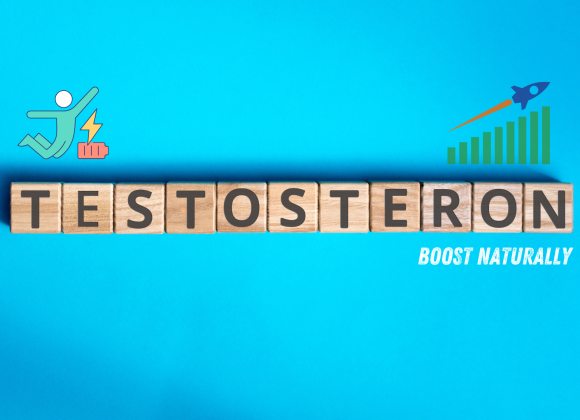Smoking may feel like a stress reliever or a long-standing habit, but it’s also one of the leading causes of preventable disease and death worldwide. According to the World Health Organization (WHO), tobacco kills more than 8 million people each year. Quitting smoking is one of the best decisions you can make for your health—and the sooner you start, the better.
But the question is, how to quit smoking naturally? Nicotine is highly addictive, and both psychological and physical withdrawal symptoms can challenge even the most determined individuals. The good news is millions of people have successfully quit smoking—and you can too. If you’re reading this, you’ve already taken the most important step: the decision to quit. Let’s explore how you can quit smoking naturally with proven techniques, herbal support, and lifestyle changes.
Why Is Quitting Smoking So Hard?

It is famously hard to quit smoking because nicotine is a potent, addictive chemical that changes the chemistry of your brain. It triggers the release of dopamine, a hormone associated with pleasure and reward, so your brain craves repeated exposure. Your body becomes physically and psychologically addicted to nicotine over time. When you attempt to quit, withdrawal symptoms like irritability, anxiety, restlessness, and strong cravings make it difficult to remain smoke-free. In addition to the chemical dependence, smoking also tends to become linked to habits, moods, and situations—such as smoking with coffee, on breaks, or to relieve stress and boredom. These emotional and behavioral connections can be as difficult to overcome as the physical dependence itself.
Benefits of Quitting Smoking
Within minutes of quitting, your body starts to heal. Here’s what happens over time:
- 20 minutes: Heart rate and blood pressure drop.
- 12 hours: Carbon monoxide levels normalize.
- 2–12 weeks: Lung function improves, and circulation increases.
- 1 year: Risk of coronary heart disease is half that of a smoker.
- 10 years: Lung cancer death risk is about half that of a continuing smoker.
Explore more benefits at: Health benefits of quitting smoking
Natural Remedies and Lifestyle Support
Smoking cessation can be aided by holistic means that relieve symptoms of withdrawal and enhance emotional equilibrium.
- Herbal Remedies: Lobelia herbs can suppress cravings, whereas ginger and licorice root treat nausea and ease sore throats. A medical doctor should always be consulted prior to taking herbal supplements.

- Mindfulness and Meditation: Practices such as deep breathing, yoga, and meditation assist in stress management and minimization of emotional cues. Strategies such as those found in programs like The Art of Living are particularly useful in soothing the mind.
- Exercise: even simple walking or stretching, increases mood, decreases cravings, and assists with withdrawal symptom control.
- Nutrition: Fresh fruits, vegetables, and whole grains provide a diet high in nutrients that aid in detox and healing. Steer clear of caffeine and alcohol early on to reduce triggers.
How to Make a Quit Plan
A structured quit plan increases your chances of success. Follow these steps:

- Set a Quit Date: Pick a date within the next 2 weeks.
- Tell Family & Friends: Support makes a huge difference.
- Identify Triggers: Write down what situations make you want to smoke.
- Remove Tobacco Products: Clear cigarettes, ashtrays, and lighters from your environment.
- Choose Your Tools: Decide if you’ll use NRT, therapy, or medication.
When to Seek Professional Help
If you’ve tried to quit multiple times without success, it’s okay. Talk to a doctor or tobacco cessation specialist. Personalized treatment plans often work better.
Visit: National Cancer Institute – Smokefree Help
Final Thoughts: Your Journey Starts Today
Quitting smoking naturally is a journey of patience, persistence, and self-compassion. While the road may be challenging at times, every step you take toward a smoke-free life is a powerful investment in your long-term health and happiness. By embracing natural remedies, mindful practices, and lifestyle changes, you’re not just breaking free from nicotine—you’re reclaiming control over your life.
Remember, there’s no one-size-fits-all approach. What matters most is finding what works for you and staying committed to your goal. Celebrate small victories, forgive occasional setbacks, and lean on support when you need it. You have the strength to do this—and your future self will thank you.




